At the Pecs stop of the nation-wide tour to promote the national consultation, Peter Szijjarto stressed that the risk of the war in Ukraine spreading is greater than ever, which is why peace mission efforts must be intensified. He pointed out the peculiar situation that although the US presidential election had brought the world closer to a peaceful resolution of the conflict, the risk of escalation was now at its highest because of the actions of the outgoing Washington administration, which had disregarded the will of the people.
A missed opportunity
European leaders had missed a perfect opportunity to course-correct the botched Ukraine strategy, which has significantly weakened the continent.
They could have said, 'we had a great strategy, but since the tides have turned in the United States, we have to change, too'. But they missed that chance too, which is emblematic of how much their political sense has failed them in the self-deception of the last two and a half years,
he pointed out. "When we hear that we should 'support Ukraine for as long as necessary, until Ukraine wins and Russia loses', we have to ask the questions: what does it mean that Ukraine wins, that Russia loses? We've been asking these questions for almost three years now and we haven't received a damn answer."
The burdens of war
He stressed that all of Europe will be bearing the burdens of the war for a long time to come, which is why there is a great need to step up peace efforts, especially in view of recent US actions that have made diplomatic settlement difficult. The minister warned that some decisions could easily start a spiraling where there is no stopping.
If all hell breaks loose here, there won't be much left standing - considering the existing nuclear capabilities,
he pointed out, noting that this was partly the reason for his trip to Moscow, the other reason being to further guarantee our country's energy security, as the United States had put countries in the region that buy Russian energy in a difficult situation by sanctioning Gazprombank, so a solution must be found.
We are working together to find a solution, and today with the Russians, relevant company executives and the deputy prime minister for energy we reviewed what steps are needed to solve this problem by December 20, which is the deadline for the next payment,
he explained, saying that energy supply is not a matter of political taste, but of physical reality and infrastructure, and that so far Hungary has not received a better offer for the reliable and competitively priced supply of natural gas and oil. The foreign minister also noted that Western European countries are also buying Russian energy carriers, for example France doubled its imports of liquefied natural gas (LNG) from Russia in the first half of this year.
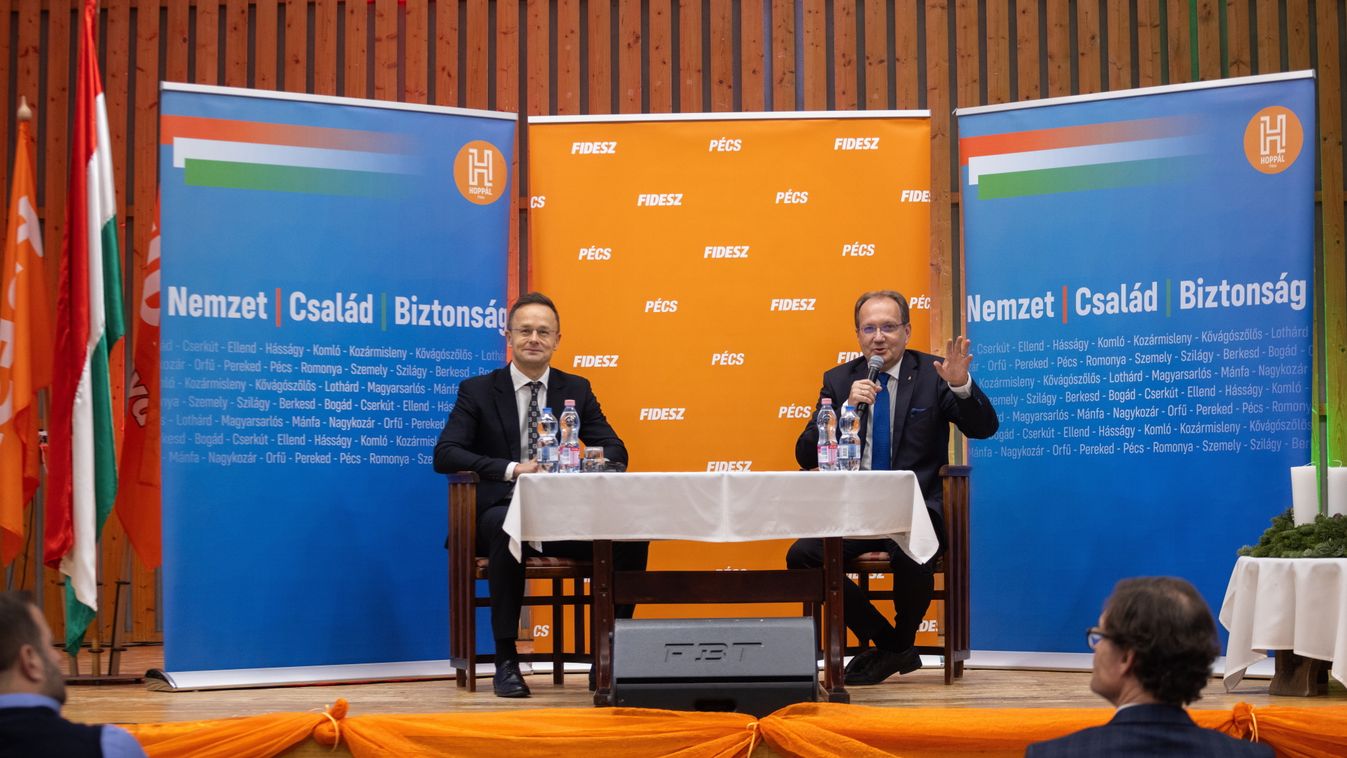
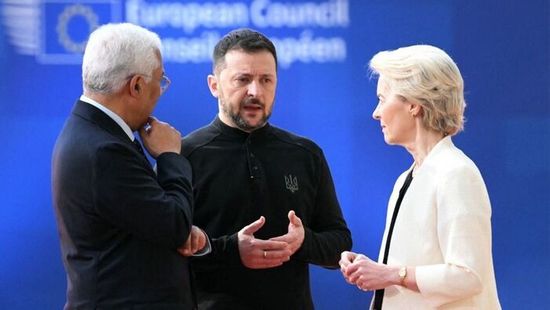
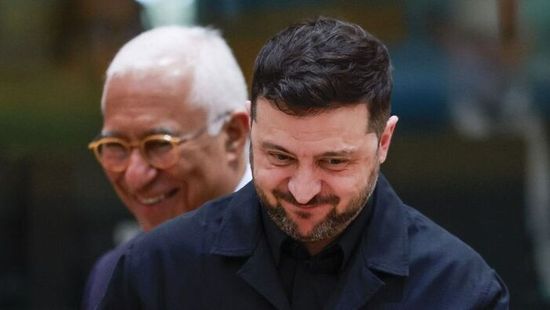
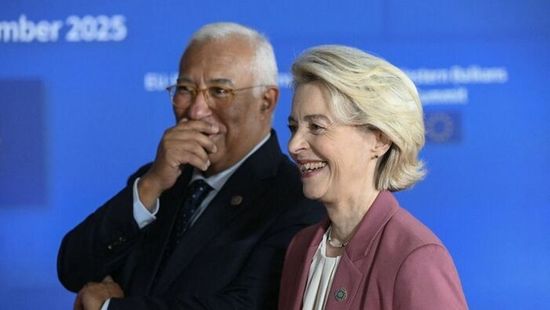
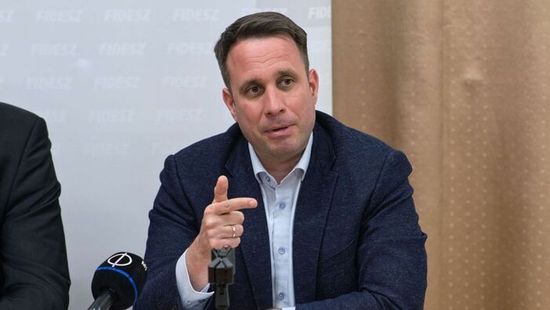

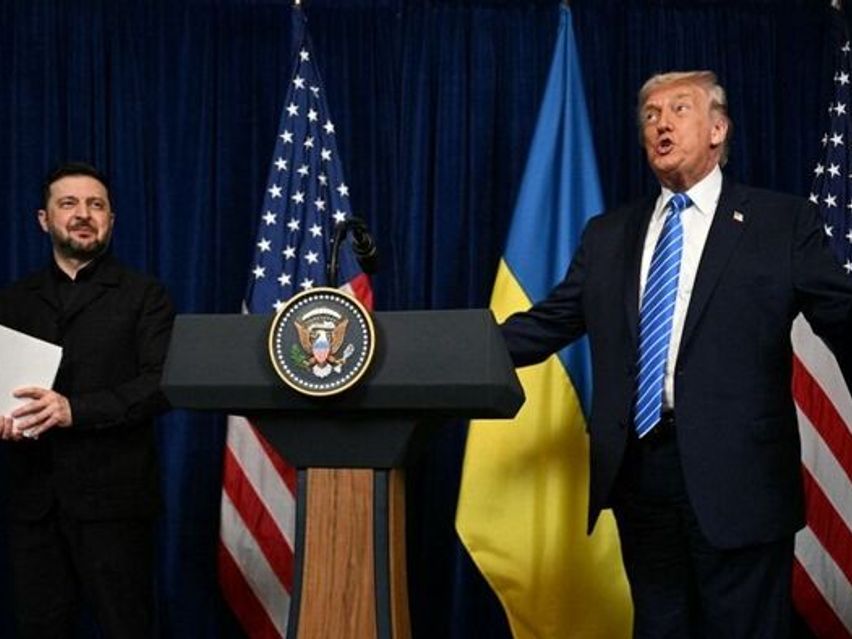
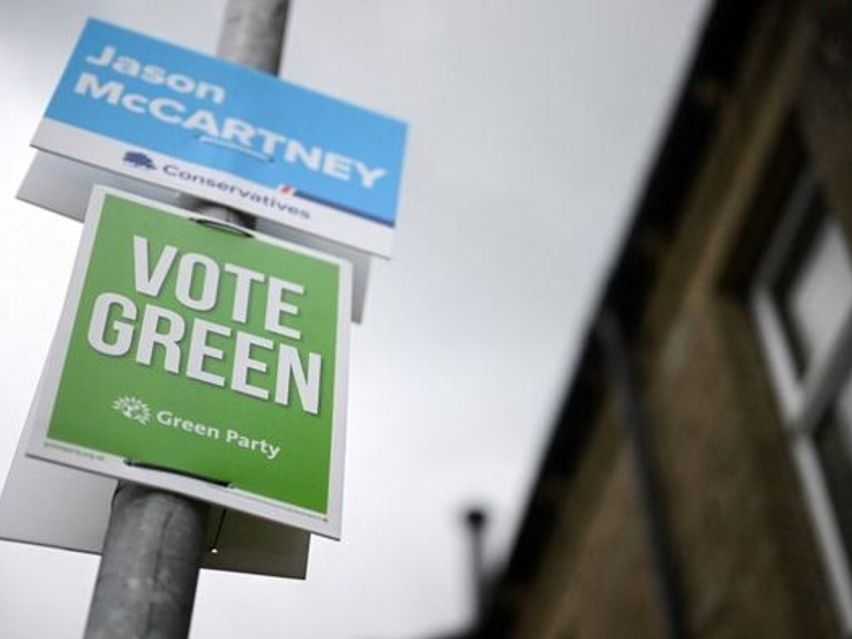
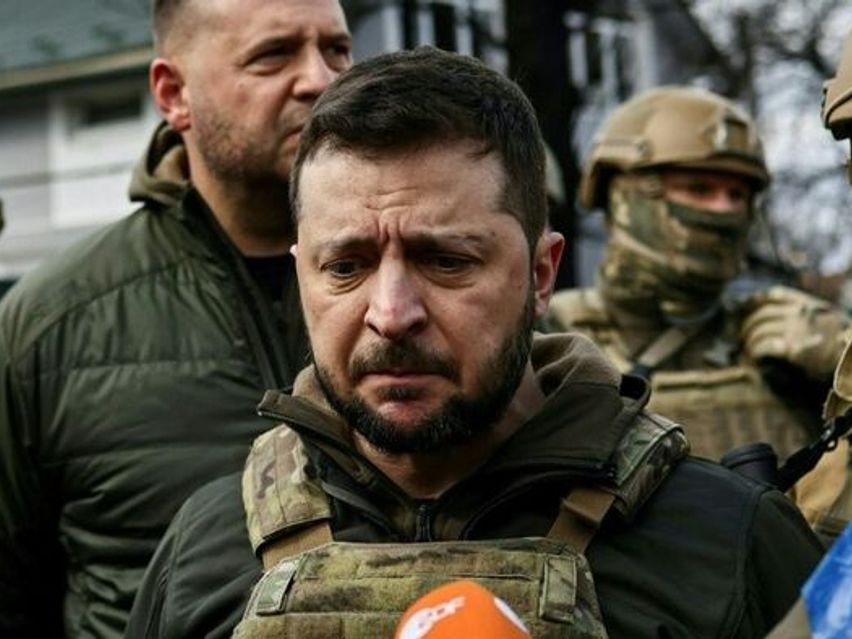
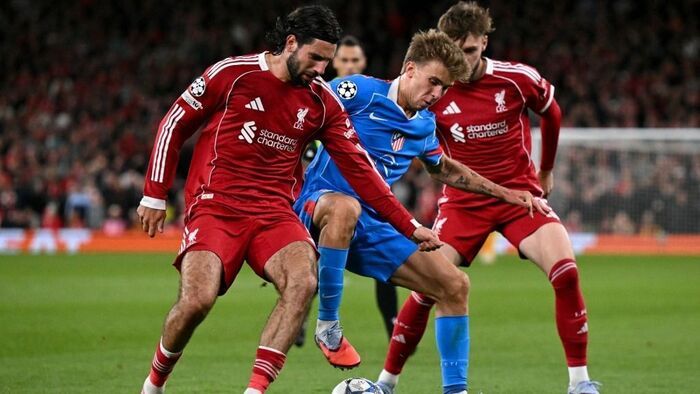

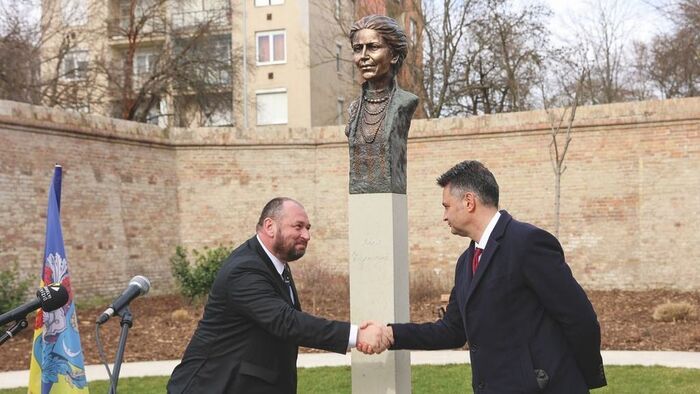
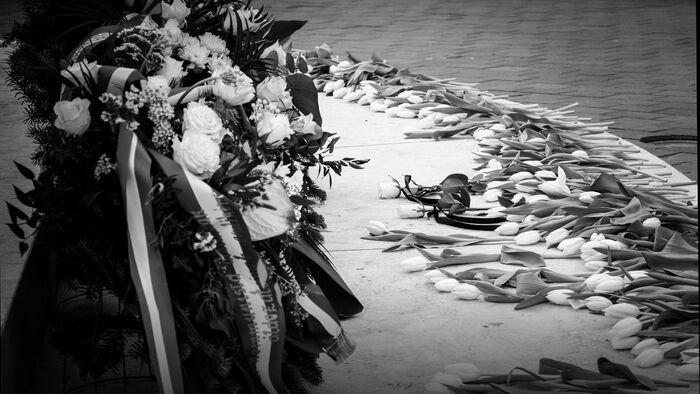
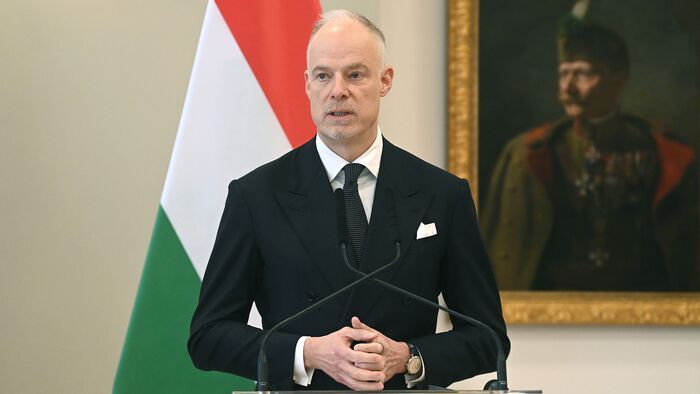
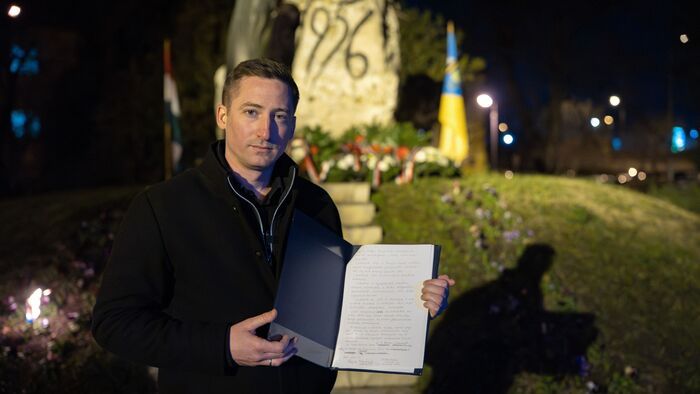
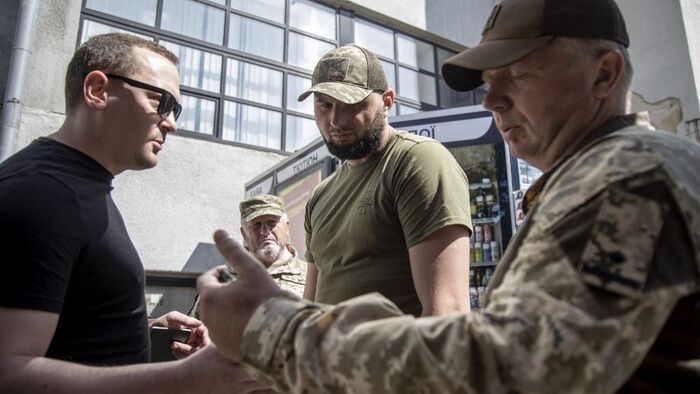
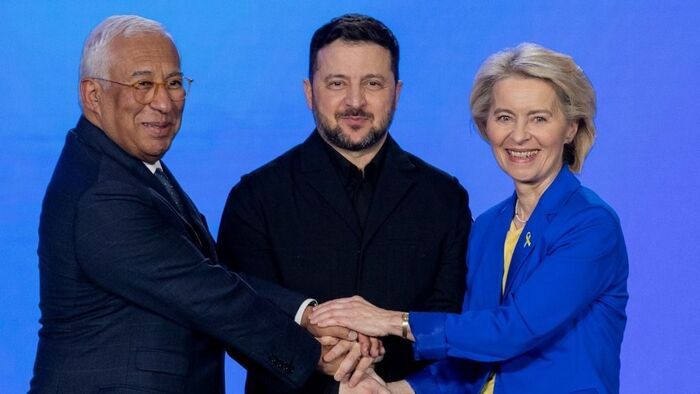
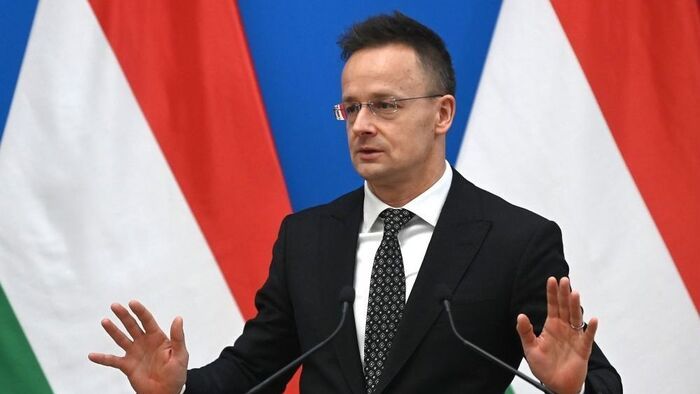

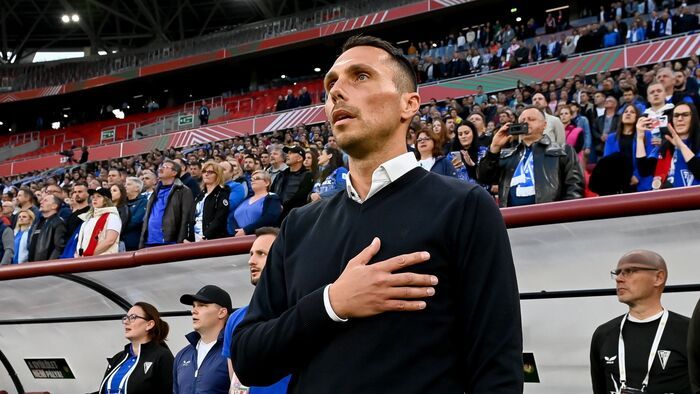

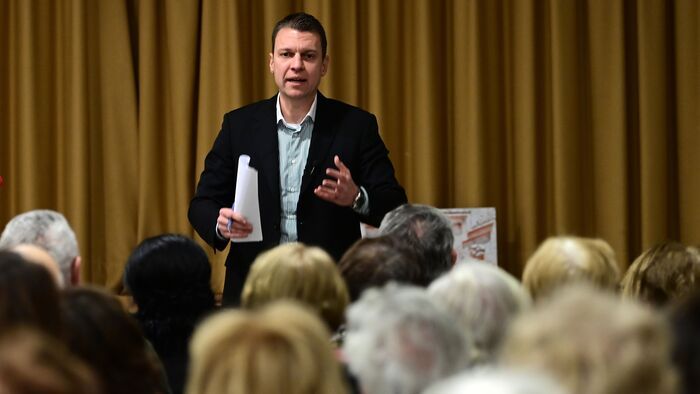

Szóljon hozzá!
Jelenleg csak a hozzászólások egy kis részét látja. Hozzászóláshoz és a további kommentek megtekintéséhez lépjen be, vagy regisztráljon!